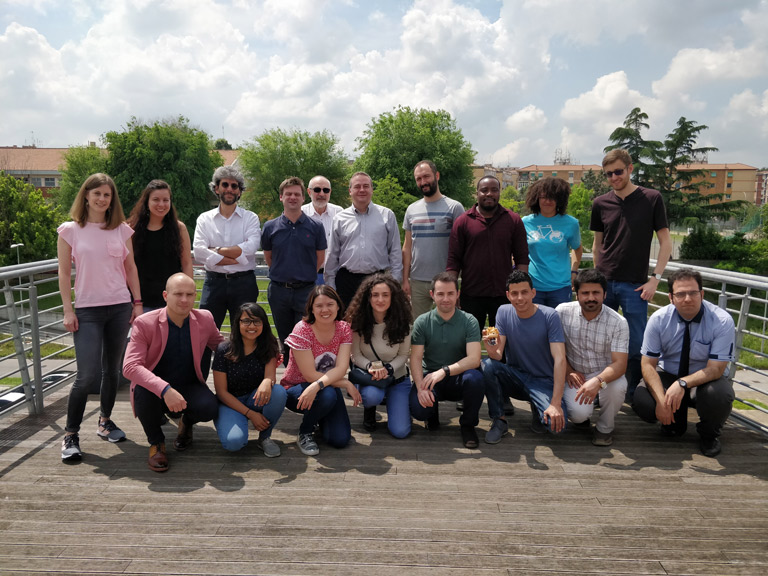About
About Amber: enhAnced Mobile BiomEtRics
In recent years the ubiquity of mobile computing platforms such as smartphones and tablet devices has rapidly increased. These devices provide a range of interaction in an untethered environment unimaginable a decade previously[1]. With this ability to interact with services and individuals, comes the need to accurately authenticate the identity of the person requesting the transaction, many of which may carry financial or legally-binding instruction[2]. Biometric solutions (using modalities such as finger, face, iris, voice and signature) have also seen increased prominence over the past decade with large-scale implementations in areas such as passport, visa and national identity card systems.

5
European
Universities

7
Industry
Partners

10
Research
Projects

10
Early Stage Researchers
The research will be conducted under 3 core themes:
- Mobile platform usability and reliability: The primary focus of this strand is to advance the state-of-the-art and understanding concerning how to reliably implement biometric systems on mobile platforms.
- Novel solutions for mobile biometric interaction: the use of mobile platforms present significant opportunities for the development of novel and multiple biometric solutions given the specifics of device and sensor design, and the range of environments that devices can be used across.
- Privacy, security and confidence in mobile biometric interaction: address a range of research issues concerning the protection of data and the management privacy of personal information within mobile biometric systems, hence enhancing confidence in use.




Comprised of four core elements:
- A host Beneficiary institution will provide resources and expertise directly associated with each of the projects,
- A secondment to a ‘link’ academic institution (another of the Academic Beneficiaries) working in a complementary sub-discipline providing additional expertise and resources,
- An industrial secondment within a company (Partner Organisation) that will impart relevant competences to the ESR with regards to professional application and exploitation of scientific excellence in commercial
- A series of coordinated training events linking the various projects within AMBER and providing a range of transferable skills to ensure effective future research and development within the field.
AMBER has ten Marie Skłodowska-Curie Early Stage Researchers
AMBER has ten Marie Skłodowska-Curie Early Stage Researchers (ESR) projects across five EU universities. Completing those ten projects are early stage researchers who have come from all over Europe and outside of the EU. Meet our ESRs and read about their individual projects here. As well as academic partners, the Network has the direct support of seven Industrial Partners. Each ESR will be taking part in both an academic partner placement, and an industrial placement. Check out the news and events section to track their movements.
The aim of the Network is to collate Europe-wide complementary academic and industrial expertise, train and equip the next generation of researchers to define, investigate and implement solutions, and develop solutions and theory to ensure secure, ubiquitous and efficient authentication whilst protecting privacy of citizens.
The Network runs between 1st January 2017 and 31st December 2020.
